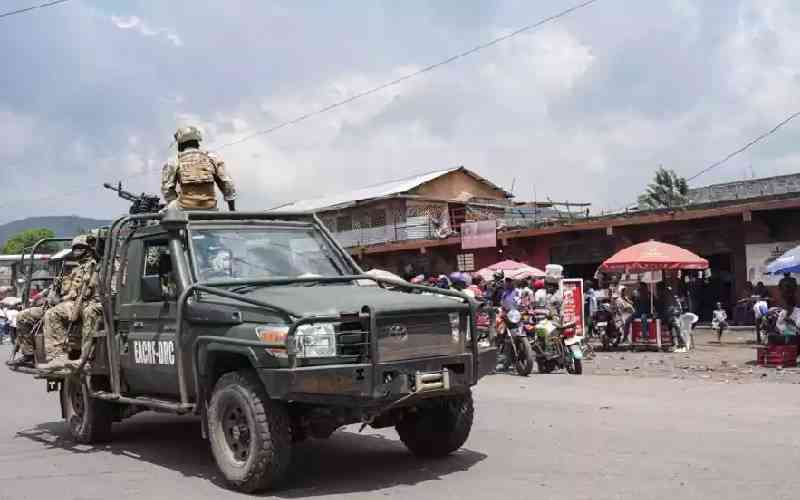×
The Standard e-Paper
Stay Informed, Even Offline

Angola's history of war with 14 years of armed struggle for national liberation against Portuguese colonialism and 27 years of civil war has contributed to the establishment of a profound sense of peace in the South African Country.
Knowing the heavy consequences of armed conflicts for a society, embodied in the loss of human lives, lack of security, instability and economic downturn, it has decided to bet on the advocacy of peace, promoting dialogue as a way to solve any conflict in the continent.